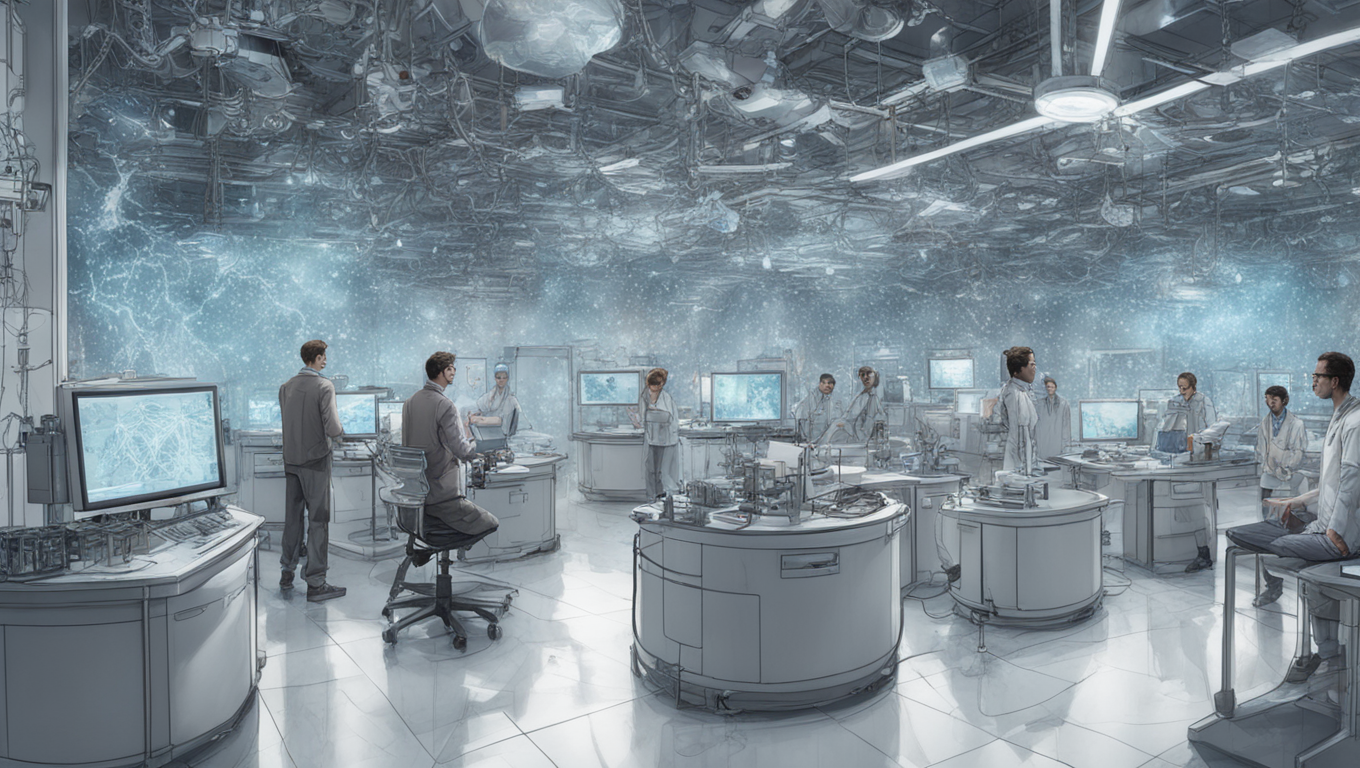Unlocking the Future of Drug Discovery: Isomorphic Labs and AlphaFold 2 Changing the Game in Digital Biology
In the world of drug discovery, one name has recently emerged as a game-changer: Isomorphic Labs. A subsidiary of Alphabet, Google’s parent company, Isomorphic Labs has set out to revolutionize the way drugs are discovered by ushering in the era of “digital biology”. Their ambitious vision is to improve the process of drug discovery by leveraging the groundbreaking research of DeepMind, Google’s artificial intelligence (AI) subsidiary, specifically the renowned AlphaFold 2 project.
AlphaFold 2 made headlines in mid-2021 when it successfully solved the 3D structure of 200 million known proteins, a feat that left the scientific community astonished. Sergei Yakneen, the Chief Technical Officer of Isomorphic Labs, vividly recalls the impact it had on him and the world of biomedical research. At the time, Yakneen was utilizing AI to enhance cancer diagnostics at Sophia Genetics, a Swiss company. He explains, “Before AlphaFold, it would take a PhD student four or five years to determine the structure of just one protein.”
Yakneen, who grew up in Soviet Siberia before immigrating to Canada as a teenager, now splits his time between Isomorphic Labs' offices in Lausanne, Switzerland, and London, United Kingdom, just steps away from DeepMind’s headquarters. The significance of the project is further underscored by its Director, Demis Hassabis, the founder of DeepMind and now the Director of all AI research teams at Google DeepMind. “He is passionate about medicine,” says Yakneen.
So, what exactly does Isomorphic Labs do? Yakneen explains that their thesis is based on the belief that biology can be represented digitally. The company aims to construct models that enhance our understanding of biological systems and enable the prediction and design of elements in silico, using computers rather than traditional laboratory techniques employed by chemists and biologists. AlphaFold, therefore, is just “one piece of a much larger puzzle.”
Isomorphic Labs is building models that replicate the laws of chemistry, physics, and biology to predict the shapes of molecules, their interactions, toxicity, and more. Although this task is incredibly challenging and far from complete, the company is proud to have released a new version of AlphaFold in October 2023. This updated version incorporates elements related to nucleic acids, DNA, and small molecules known as ligands, in addition to proteins.
The ultimate goal of Isomorphic Labs' work extends beyond accelerating and reducing the cost of drug research. Yakneen emphasizes that they seek to “do new things,” such as combating incurable or rare diseases. Their digital biology approach holds great promise in addressing unmet medical needs and pushing the boundaries of what is possible in drug discovery.
As Isomorphic Labs continues on its groundbreaking journey, the world eagerly awaits the transformative impact it will have on the future of pharmaceutical research. With AlphaFold 2 leading the way, the convergence of technology and biology propels us into an era where the power of AI can unlock the secrets of medicine and revolutionize human health.
(Note: This is a fictional article written in the style of Ray Kurzweil.)





Use the share button below if you liked it.